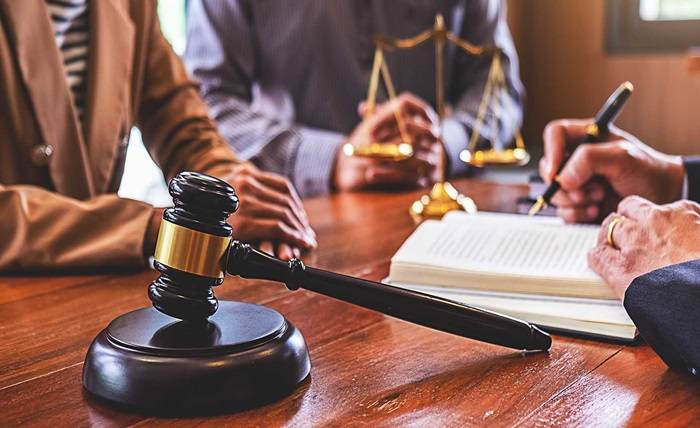Table of Contents
Being sexually abused is an extremely painful event that may leave survivors with permanent emotional, psychological, and physical scars. It’s critical to be aware of your rights and the actions you may take to pursue justice and hold the offender accountable if you or somebody you know has experienced sexual assault in California. To defend yourself and seek legal action in a California sexual assault case, this post will go over seven essential actions you may take.
Seek Immediate Medical Attention
After becoming the victim of sexual assault, getting medical help right away is the first and most important thing to do. It’s crucial to have a complete medical examination to rule out any internal harm or trauma indicators, even in cases when there are no obvious physical injuries. Aside from immediate contraception, STI testing, and counseling service referrals, medical practitioners may offer vital assistance and assistance for survivors.
Report the Abuse to Law Enforcement
To hold the abuser accountable and stop such events in the future, documenting the sexual assault to law enforcement is essential. To make a complaint and provide comprehensive details about the abuse, such as the perpetrator’s identification, the place and time of the occurrence, and any pertinent witnesses or evidence, contact the police department in your town or sheriff’s office. Be ready to give a thorough statement and to assist the inquiry in any way possible.
Preserve Evidence
Maintaining evidence is crucial to constructing a compelling case against the offender. When seeking medical assistance, try not to bathe, wash, or change clothing beforehand, as this may lead to collecting physical evidence during the examination. Save any clothes or other objects worn during the incident, and don’t clean or alter them. Save all emails, texts, and other correspondence with the offender as proof.
Seek Legal Advice
To fully grasp your legal rights and alternatives, speak with an experienced California sexual abuse lawyer. A skilled lawyer can help with all aspects of the legal procedure, including bringing a civil case for damages against the offender. If the offender faces criminal charges, they can also assist you in navigating the criminal justice system. Select a lawyer who will put your welfare and best interests first and who has expertise with incidents of sexual assault.
Consider Therapy and Support Groups
Joining support groups and pursuing treatment may be very helpful in recovering from the trauma of sexual assault. Therapy can offer a secure and encouraging setting where you can work through your feelings, create coping mechanisms, and reestablish resilience and self-worth. Joining a support group allows you to talk with other survivors, exchange stories, and get support and encouragement from others like you.
Understand Your Legal Options
Survivors of sexual assault in California are afforded many legal avenues through which they can pursue justice and compensation. Survivors can sue the offender in civil court alongside the criminal court to recover damages for pain and suffering, lost earnings, therapy fees, medical expenditures, and punitive damages. To discuss all your legal choices and decide on the best line of action for your case, speak with your attorney.
Advocate for Change
You can promote change and increase public awareness of the incidence and effects of sexual violence as a victim of sexual abuse. Think about coming forward with your story in public, taking part in campaigns for change, and lending support to groups that protect victims of sexual assault and assist those who have experienced it. You can contribute to making a safer and more encouraging atmosphere for survivors and averting new instances of sexual abuse by speaking up and taking action.
Conclusion
Although being the victim of sexual assault can be a very painful and sad experience, it’s important to realize that you aren’t alone and that assistance is available. You may exercise your rights, hold the abuser accountable, and start the process of healing and recovery by being proactive and seeking medical assistance, reporting the abuse to law authorities, preserving evidence, getting legal counsel, and placing a high priority on your mental well-being. Recall that tools and activists are available to help you at every turn and that you deserve justice, compassion, and support.

